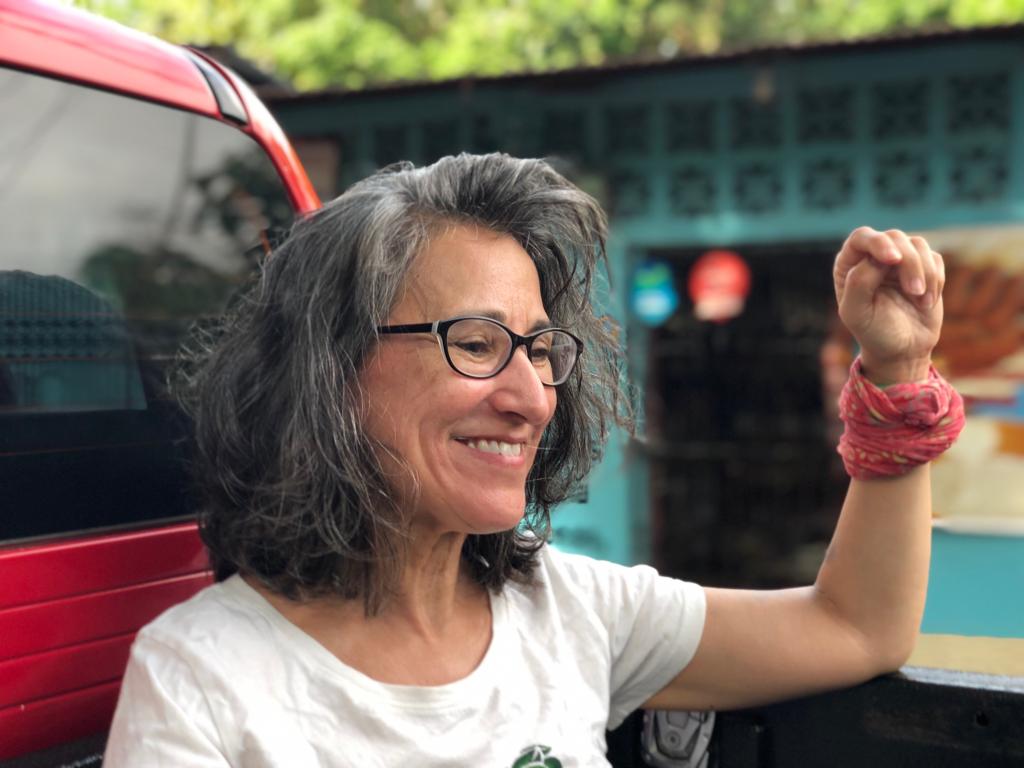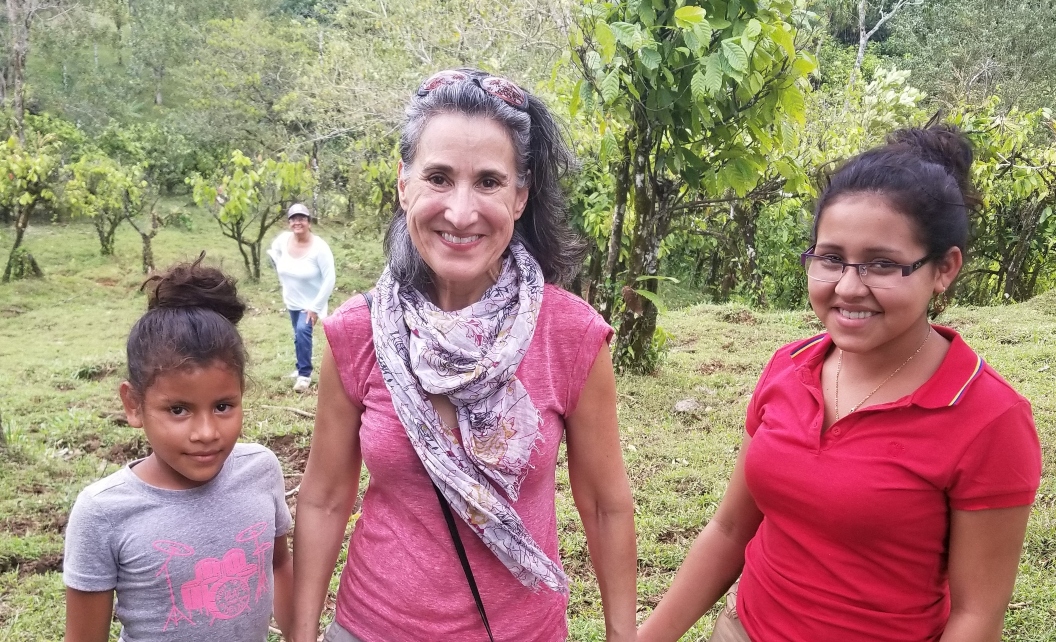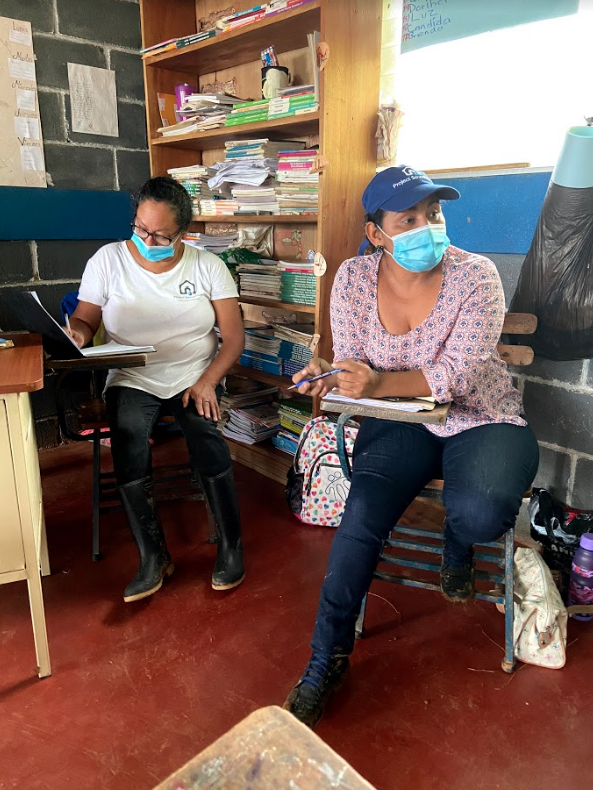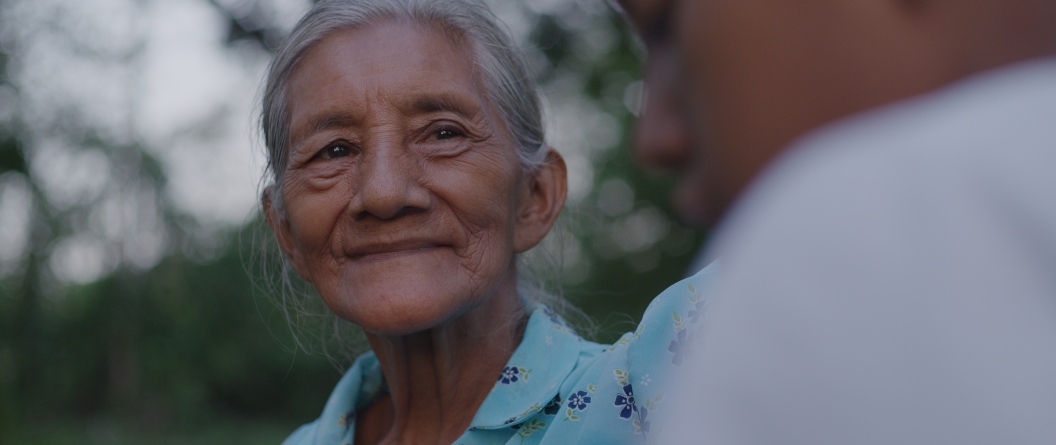Project Schoolhouse builds sustainable infrastructure, like water and education systems, in Nicaragua.

By Claire Misfeldt, Photos courtesy of Project Schoolhouse
In 2013, Selina Serna took her first trip to Nicaragua with Project Schoolhouse, an organization focused on building infrastructure in the country’s rural communities. At the time, Serna was only a first-time volunteer and still worked full-time with Whole Foods Market. However, something on that trip would inspire her to join the organization’s board. Eventually leaving Whole Foods in 2019 to be Project Schoolhouse’s executive director.
“I saw myself in the children that I met,” said Serna. “Children who have no other chance at an opportunity in life, better than what they have right now, without an education. I saw parents just like mine; parents who will work so hard to provide a better life for their children.”

Where it All Began
Project Schoolhouse began in 2004. The goal was to build schools for rural communities in Nicaragua. But the organization has since expanded to include the construction of water systems, sanitation solutions and a bridge. What sets this organization apart and allows for more sustainable projects is direct communication with the communities. With this connection Project Schoolhouse can offer the funding and labor necessary for projects. Ultimately it’s the members of the community who identify the problem and come up with a solution for it.
The organization is also entirely run by women. Serna leads the U.S. team along with Project Schoolhouse’s Development and Communications coordinator and native Nicaraguan, Renata Aleman. Together with the organization’s founder and Director of Operations, Thomas “Tab” Baker, they focus on organization operation. Since becoming executive director, Serna has increased funding and allowed three different projects to be worked on simultaneously.
Maria Inés Bracamonte Garcia
In Nicaragua, Maria Inés Bracamonte Garcia and Norma Idania Valdez are the program coordinators. They work with Head of Construction Manuel Serva Garcia. Bracamonte Garcia has been with Project Schoolhouse since the beginning. Her experience in water and educational infrastructure span beyond the organization’s inception.

“She’s amazing in that in a Latin American country, in the construction industry, which is so male-dominated, she runs these projects, says Serna. “She figures out all the logistical challenges of working in these super remote communities. And she’s so well respected in the communities where we work.”
While Valdez is a recent addition to the Project Schoolhouse team, her experience in data collection and project management helps support the projects. She found that many children were dropping out of school because there was only one teacher. So now the organization is working on creating an after-school program with more volunteers, which will allow the children to receive more tutoring.
Victorina
One of the most memorable experiences Serna’s had with the organization comes from a trip she took in 2020 before the shutdown. She was working on a short film with Nicaraguan filmmakers in the community of El Aulo. The short was for fundraising purposes. While interviewing, an elderly woman washing her clothes in a river caught Serna’s attention. The crew went to interview the woman, Victorina, and found out she was 74 years old and had been carrying water to her house since she was young.

“Just getting to hear her talk about the chance of having water in her home, which for her is a miracle,” Serna says. “How proud she is of her son and her grandson who were working on that community project that brought water to the 54 homes in the community.”
To learn more about Project Schoolhouse and their work, check out their Crash Courses. If you are interested in volunteering in Nicaragua, applications for the 2022 trips are now open.


